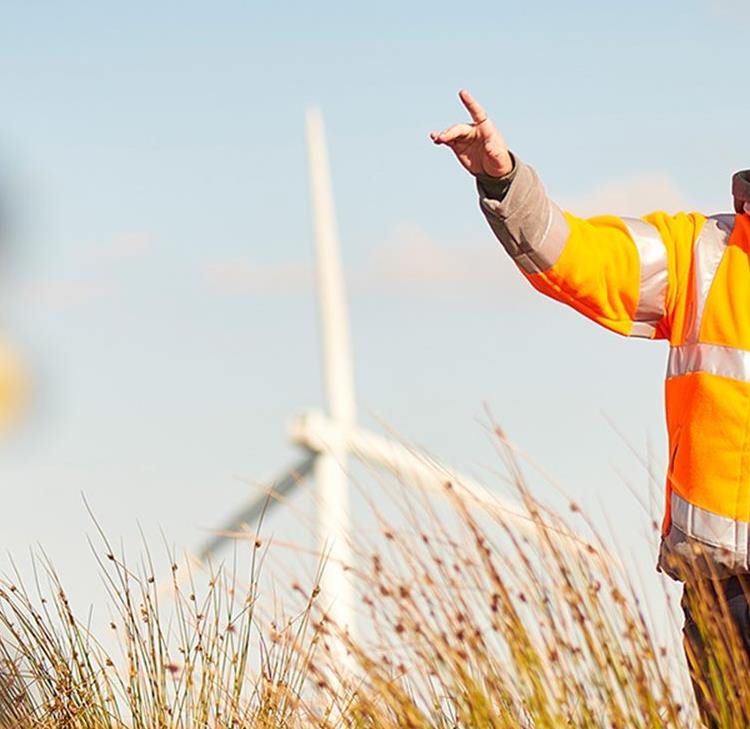This article was first published by Construction News.
The Government has recently announced further measures to protect national security ahead by way of the Procurement Bill. This Procurement Bill reached the remaining report stages and amendments to the Procurement Bill were debated in Parliament this week. In addition to this Bill, the increase in the volume of entities sanctioned by the UK has resulted in a necessity for companies to reinforce their control on this matter and ensure procedures are in place for compliance.
It is already well-known that the construction industry is navigating difficult economic conditions with many contractors facing the tough decisions on how to survive. The invasion of Ukraine has been a contributing factor in the fluctuation of the market and in addition to this, it has also given rise to a review of the risks to national security as well as the origins of materials.
Consequently, it is no surprise that one of the amendments to the Procurement Bill introduces new ‘powers’ to ban suppliers from specified sectors, although this does not exclude suppliers from winning procurements in ‘non-sensitive areas’. It is becoming increasingly key in tenders and projects based in the UK for contractors to demonstrate how they will maintain good quality, clear systems to ensure regulatory procedures are complied with. If the amendments to the Procurement Bill remain as proposed, it will be a mandatory exclusion from public procurement if a supplier (or any connected persons) have been convicted of a sanctions evasion offence or are considered a threat to national security. Although it is being considered whether the Procurement Bill will apply to contract management, this will not prevent contracting authorities from, throughout the project lifecycle, requesting contractors show compliance and adaptability in such circumstances to be able to continue working and operating within all areas of the public sector. In some major projects, contractors will be asked sporadically to evidence what steps they are taking to comply with international sanctions and supplier bans.
Many contractors have stopped all trading activities with companies linked to the invasion of Ukraine and have ensured the same for their suppliers and sub-contractors. Further to this, we have seen related commercial obligations within contracts and associated measures to manage moral duties (including how these requirements are managed in their supply chain). However, there are suggestions within the construction industry that more can be done; for example, a plan to evidence the origin of all materials so that contractors can maintain clear records of the provenance of all parts and how this includes arrangements to mitigate any sanctions risks.
It is a common requirement of construction contracts for an obligation to be placed on the contractor, consultant, or other body of the supply chain to comply with all applicable laws (which incorporates any trade restrictions). It often captures all trade or economic sanctions (including embargoes), export/import controls and/or anti-boycott regulations including those of the United Kingdom and the European Union and its Member States. Moreover, there is often a requirement for contractors to evidence how it continues to act in compliance with such clauses and all other obligations within their contract.
Main contractors should ensure that any contracts they enter into with suppliers / sub-contractors contain provisions which flow down (mirror-image) the main contract requirements. Each such supplier contract will need to be carefully reviewed so that the entire supply chain understands and complies with the same contractual obligation to comply with applicable Laws. Compliance throughout the supply chain can be monitored by including the right to audit for quality assurance processes under the main contract and providing right for all parties in the supply chain to audit any matter associated with the supply chain arrangements. Alternatively, contracts can incorporate an obligation to provide written certificate or any form of written commitment from the contractor or supplier to evidence compliance with laws and trade restrictions.
The formal publication of the Procurement Bill’s Report in Parliament will shed further light on these requirements. Until this is released into the public domain, contractors and companies should use the current procedures around procurement and navigating sanctions as some sort of temporary guidance on whether any amendments are required to the companies’ own procedures or existing forms of contract.










































